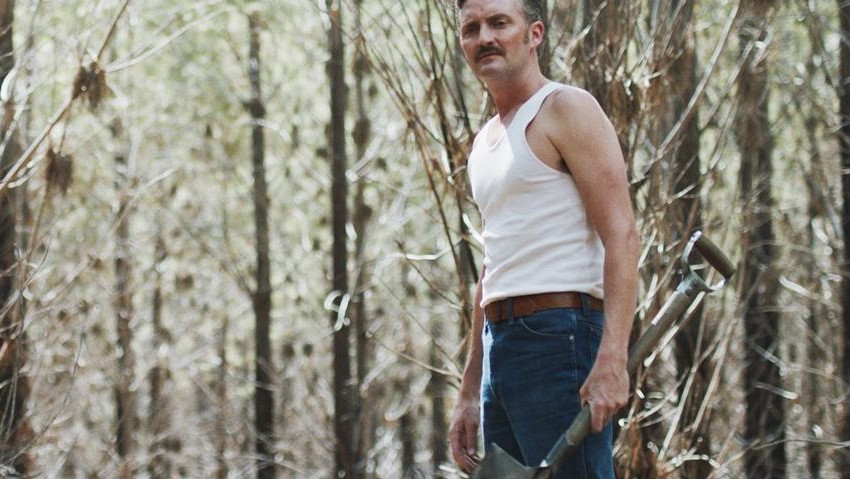
And he uses Kruppe as a framework to be playful. Luckily, he has enormous range and can make it all work. There were paragraphs where I wondered if he was losing his mind, where he takes up POVs of animals. His funny POVs have an almost hysterical edge to them, in a mentally unstable sort of way. With the comedy too, Erikson is more intense than in previous books, maybe as a counterpoise to the heavier philosophical material in this entry to balance it out. We know these places and people from Gardens of the Moon and Memories of Ice, and Toll the Hounds works like a great follow-up. For the reader too it feels like coming home. Comedic interludes are still present and effective, and if there is a hometown for Malazan, it is Darujhistan. It is wonderful to have them all meet each other, even though they are not as young and naive anymore. Some of the storylines touched me deeply, but I am melancholic by nature.īut I am putting too much emphasis on all the doom and gloom! Toll the Hounds collects a great number of wonderful characters together that we haven’t seen in a long time – some not for a few thousand pages. Toll the Hounds is incredibly divisive among readers in that regard. For some readers, this is incredibly tedious, for others, it is transcendent.

Frank Herbert’s God Emperor of Dune (1981) might be a good comparison, in how it slowly explores themes and emotions, all leading up to a dramatic ending. So far, he has always maintained a deliberate distance from his characters, letting their actions speak for them, but this time he dives deeper into their thoughts, to the effect that the themes come so much to the fore that they blur out the plot in the background.

Erikson dedicates many musings in Toll the Hounds to the loss of hope and meaning and the ravages of time.Įrikson approaches these themes in such personal ways with his characters that this becomes the focal point of the novel. Anomander and Itkovian, rise and fall of hope and godhood. A place of pilgrimage where people visit the great Redeemer in exchange for hope, which Anomander cannot give. (“What is happening in the Great Barrow? Is a new God being born?”) Itkovian lies right outside the city where Anomander rules. Consider the contrast between Anomander Rake, the leader of a people whose creator has abandoned them and therefore a leader who carries the burden of giving his people meaning, and Itkovian.
#HOUNDS OF LOVE SPOILER FULL#
The book is full of twinning of characters and contrasts between them. Rake is a central character in the novel, and through these epigraphs his regrets and burdens are explored and built up for hundreds of pages. A creature so ancient that his past is now part of myth, and Erikson loves to play here with stylistic choices and unreliable retellings (exemplified by the many variations on Rake’s name). And epigraphs and myth-fragments in the story relate to the life of long-lived Anomander Rake. Two examples: Consider Gruntle’s entrance to Darujhistan: the Mortal Sword of Trake arriving in a carriage driven by an animated corpse – literally death arriving in the city. A foreshadowing fog so thick that I can barely see the story. Portents because Erikson’s moody writing is thick with foreboding. And in Black Coral, covered in perpetual night, and ruled over by the depressed Anomander Rake, the Indifferent Dark Lord in his obsidian tower, together with his dragon Silanah ceaselessly staring down at its inhabitants like a Sword of Damocles.Ī secondary title of this book could have been “Of Portents and Pastries”. In the city Darujhistan, city of Blue Fire, with its alcohol-infused revels and culture of assassins and hidden sorcerers. And we find it in the dreamlike settings. Grief for fading ambitions, for overreaching acts that leave one crippled, for youth that is fading away, for longing that eats up the years, for being unable to forgive yourself, for addiction to sorrow… Each character explores a different facet of such emotions. We find it in the characters, in the grief and regrets that they carry around.

In this 8th book in the series, he is playful, but also adds an oppressive weight to every aspect of the story. Never before has Erikson been this dreamy, this moody, in the Malazan Book of the Fallen.


 0 kommentar(er)
0 kommentar(er)
